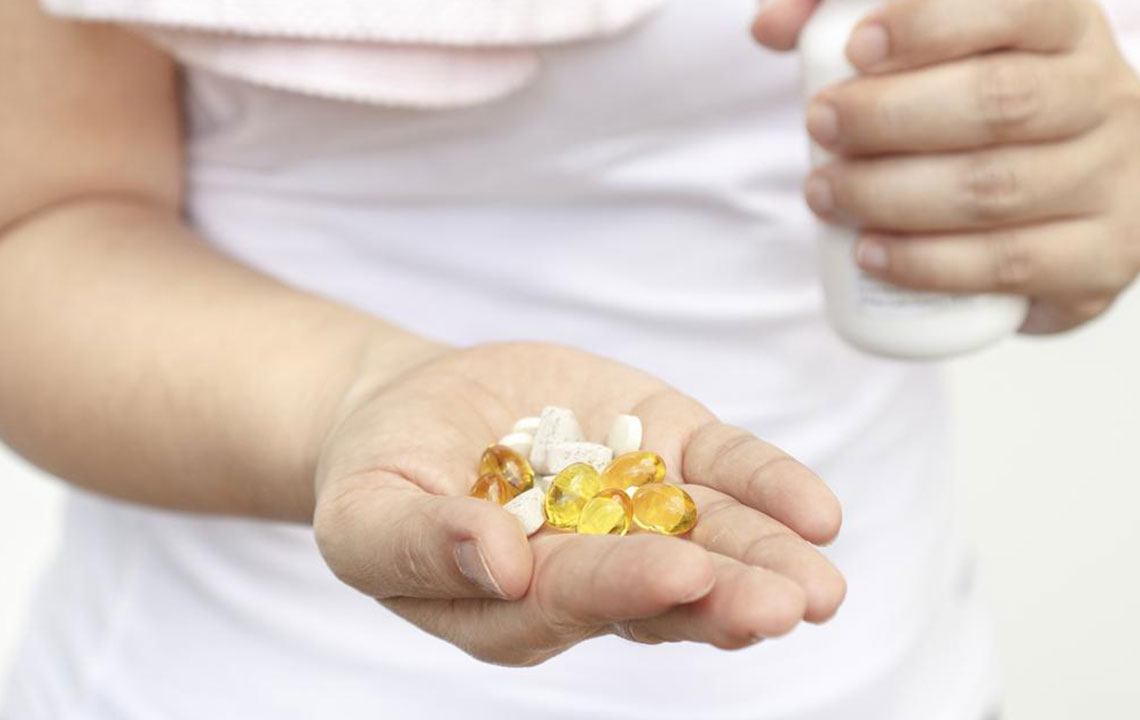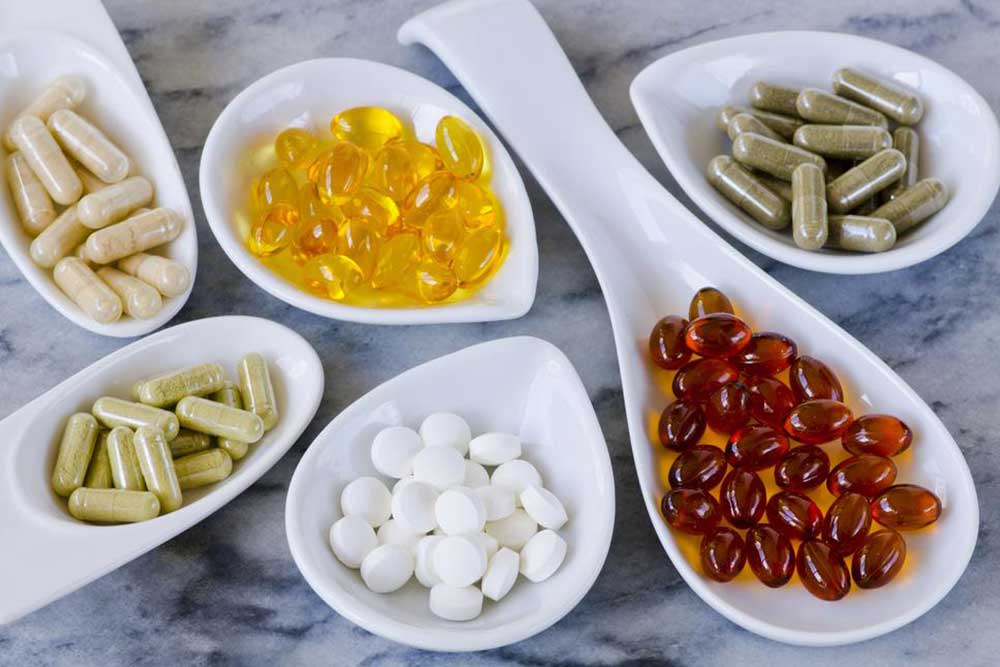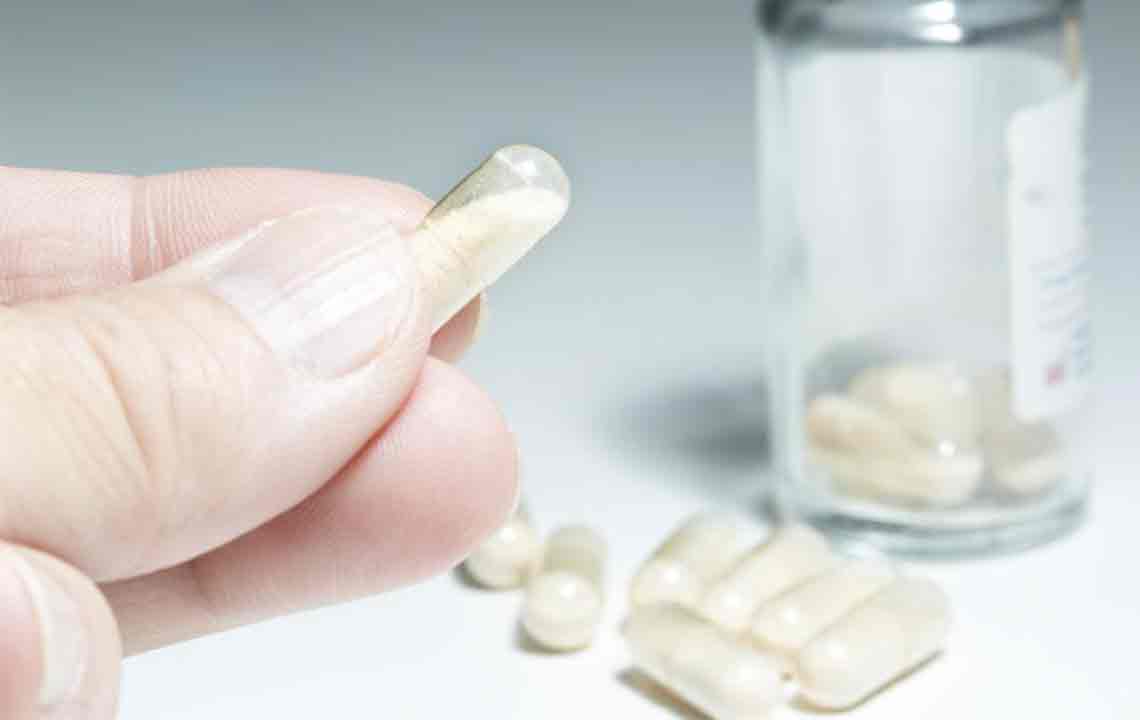How to Choose the Best Probiotic Supplements for Your Health
Discover essential tips for selecting the best probiotic supplements to enhance gut health and overall well-being. Learn to read labels, choose strains based on your health needs, and consider trial options for optimal results. Consulting a healthcare provider is recommended for safe use.
Sponsored

How to Select Top-Quality Probiotic Supplements
Probiotics are live microorganisms, including bacteria and yeasts, that provide numerous health benefits. Primarily known for supporting digestive health, they are especially beneficial for those with gut issues. Research indicates that probiotics aid in restoring beneficial bacteria after antibiotic usage and may help maintain the equilibrium between good and bad bacteria in the body. While not conclusively proven, many believe probiotics support overall bodily functions.
Sources of Probiotics
Probiotics are naturally found in foods like yogurt, kefir, kimchi, kombucha, and miso. However, daily dietary intake may not always meet optimal probiotic levels. When diet falls short, supplements become a convenient option. Selecting the right probiotic supplement involves careful consideration—here are essential tips to help you make an informed choice.
Tips for Choosing Premium Probiotic Products
Check Product Labels Carefully
Look for the colony-forming units (CFU) count, which indicates the number of live bacteria. Although higher CFU counts can be appealing, products with 20 to 50 billion CFU are generally optimal. Also, verify the specific strains used and confirm that the claims are tested and validated by independent laboratories.
Identify Your Health Goals
Clarify your reasons for taking probiotics to select the most suitable strains. For digestive health, Bifidobacterium species are recommended. Lactobacillus strains like Lactobacillus rhamnosus GG can assist with skin issues like eczema. For lactose intolerance, Streptococcus thermophilus is effective. Those recovering from antibiotics or experiencing diarrhea may benefit from Lactobacillus acidophilus, Saccharomyces boulardii, or Lactobacillus casei.
Many brands offer free trials, so consider testing different products before making a decision. Probiotics generally have minimal side effects, but consulting a healthcare professional is advisable before starting supplementation.






